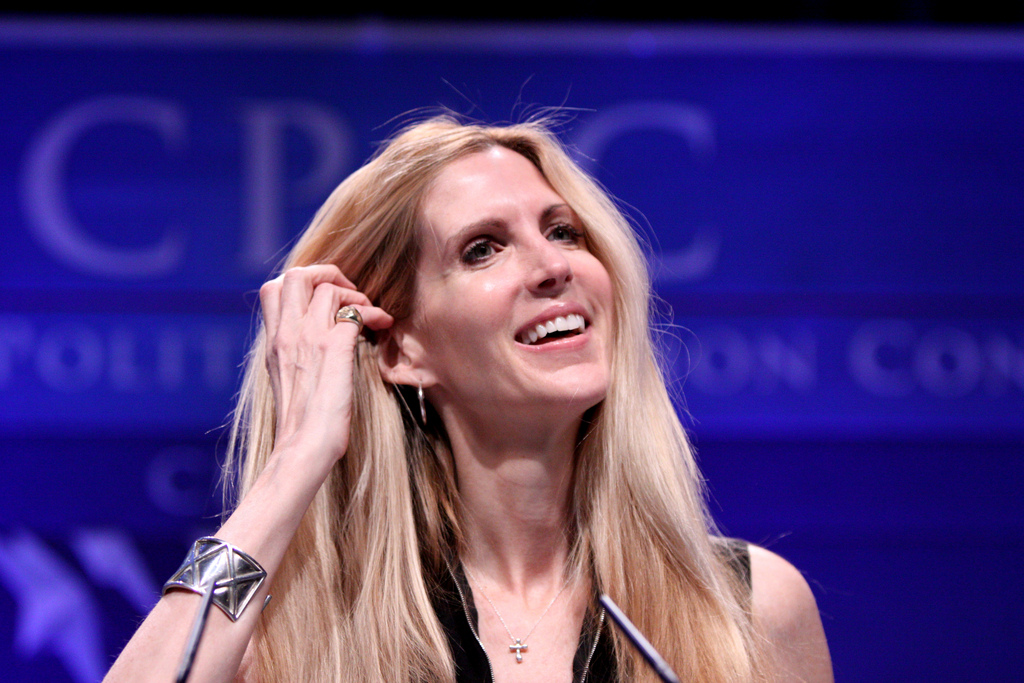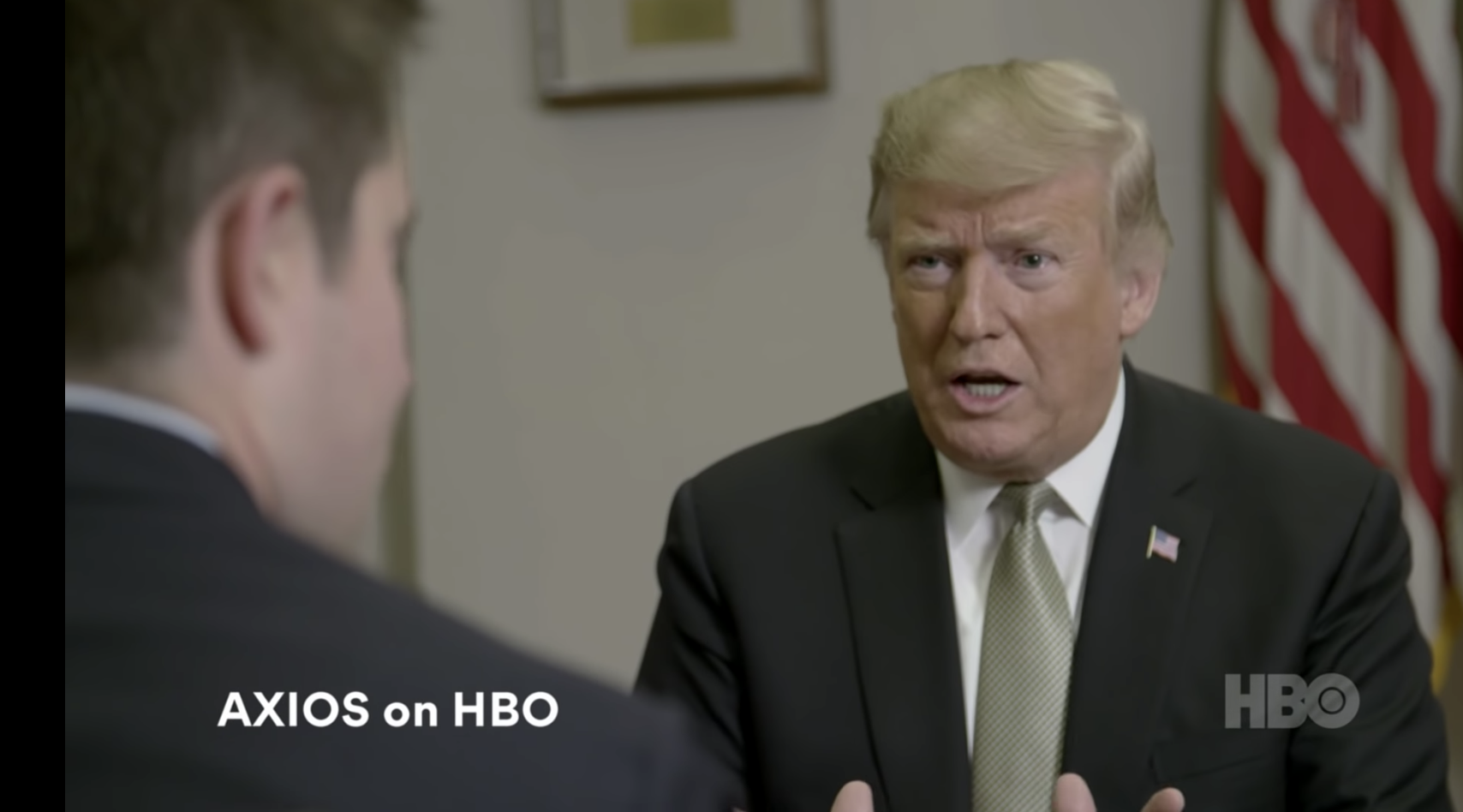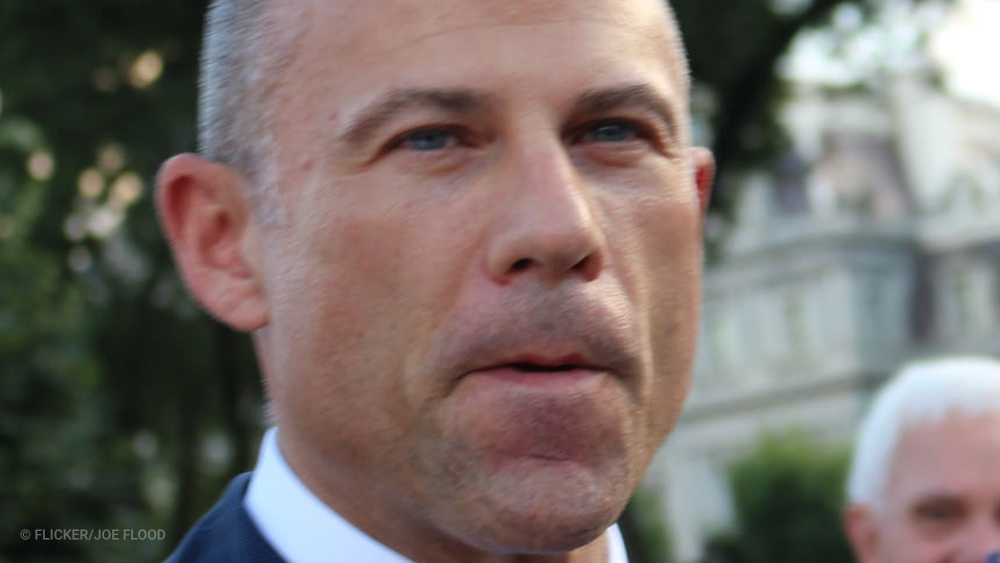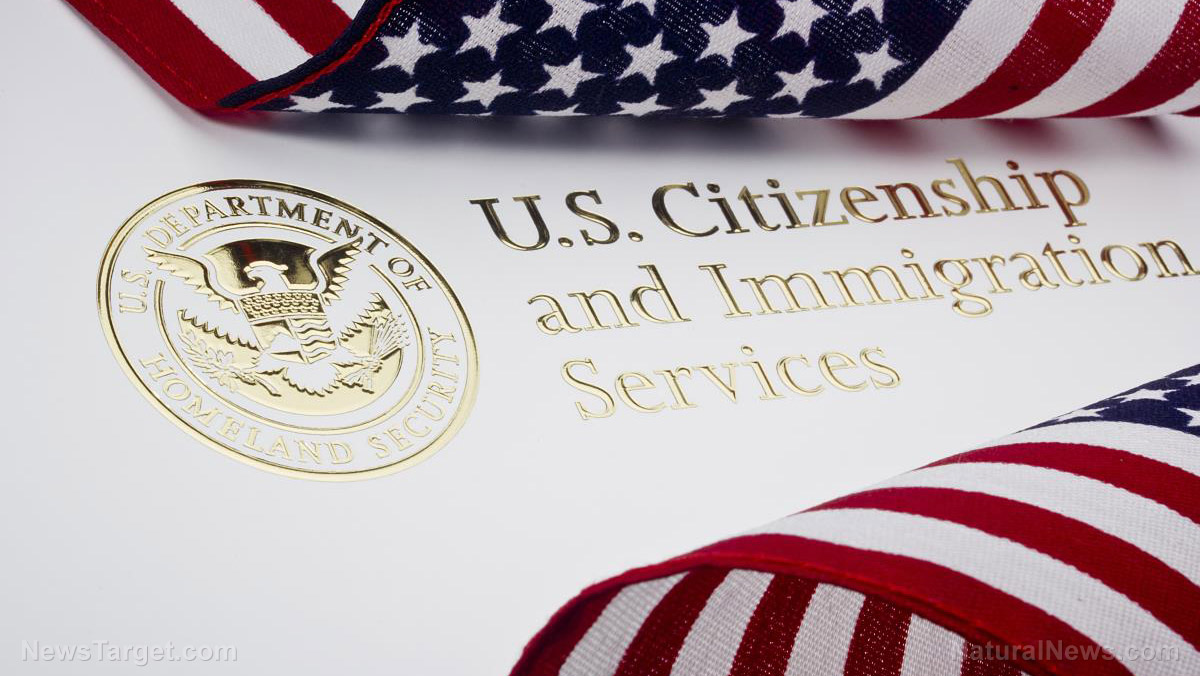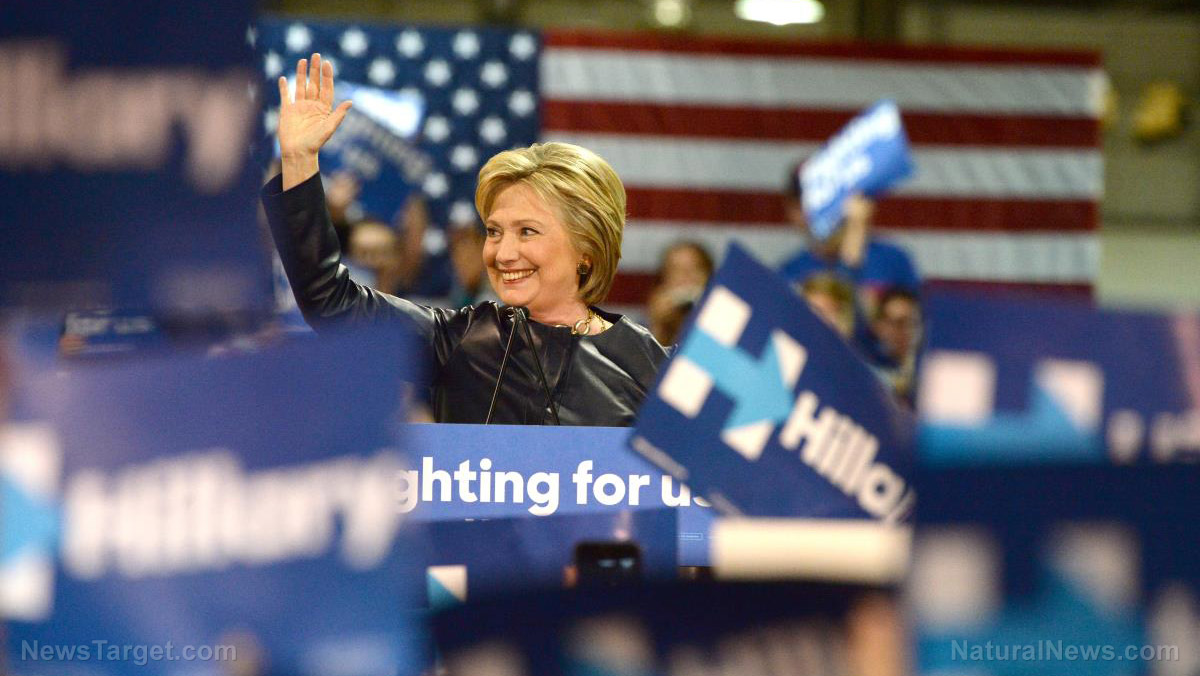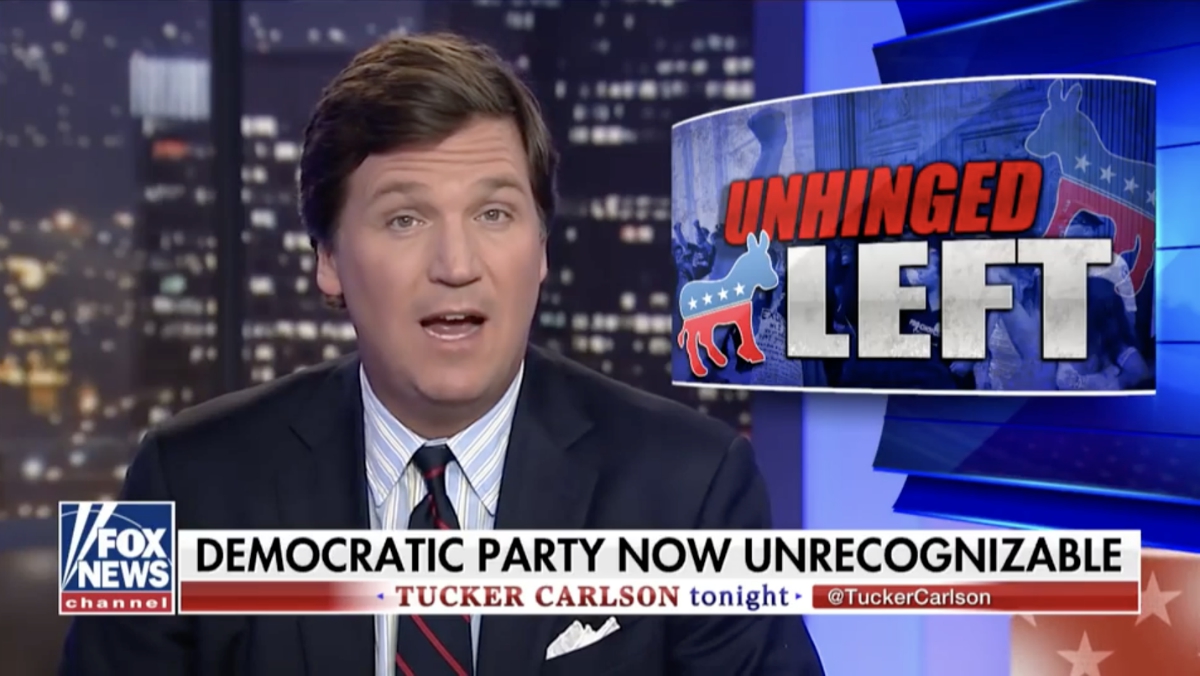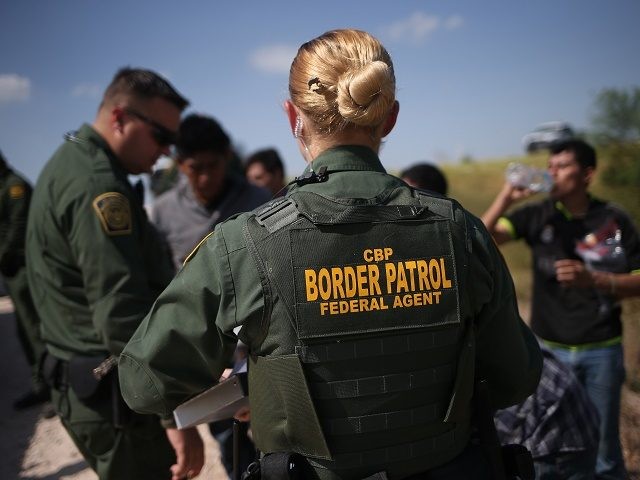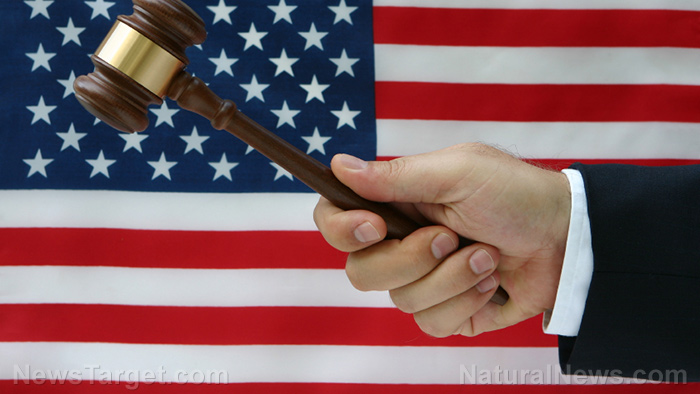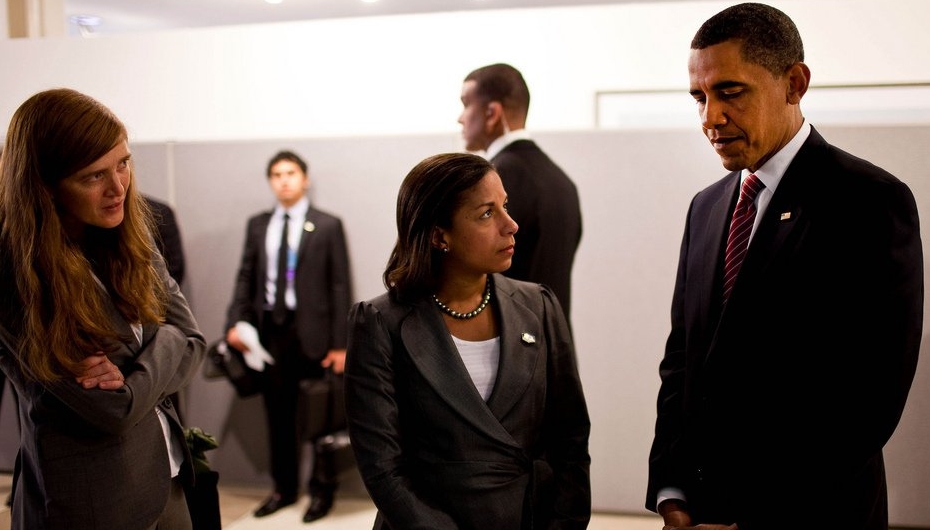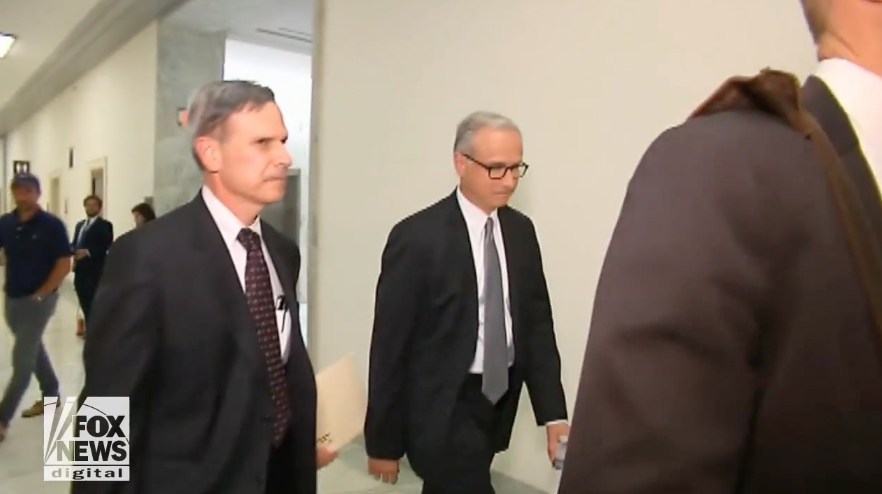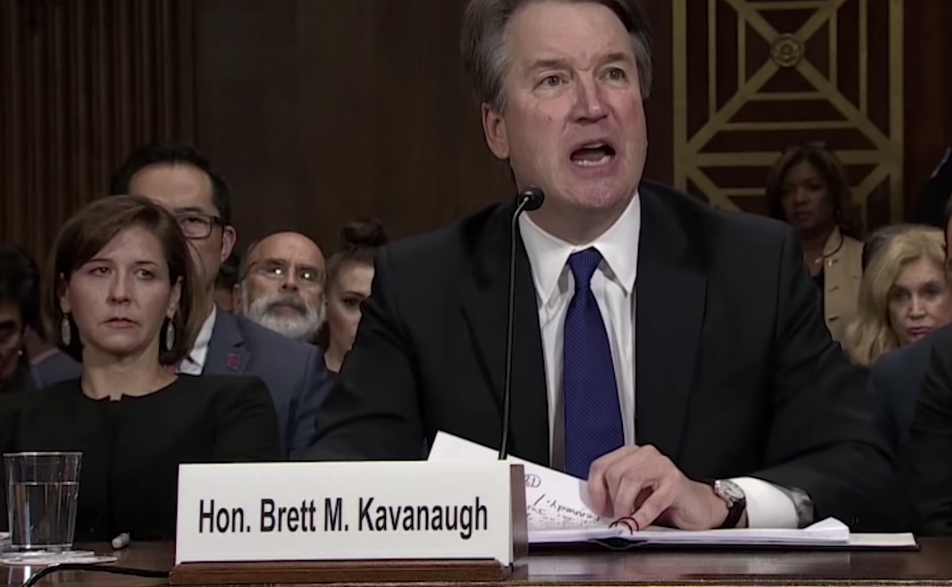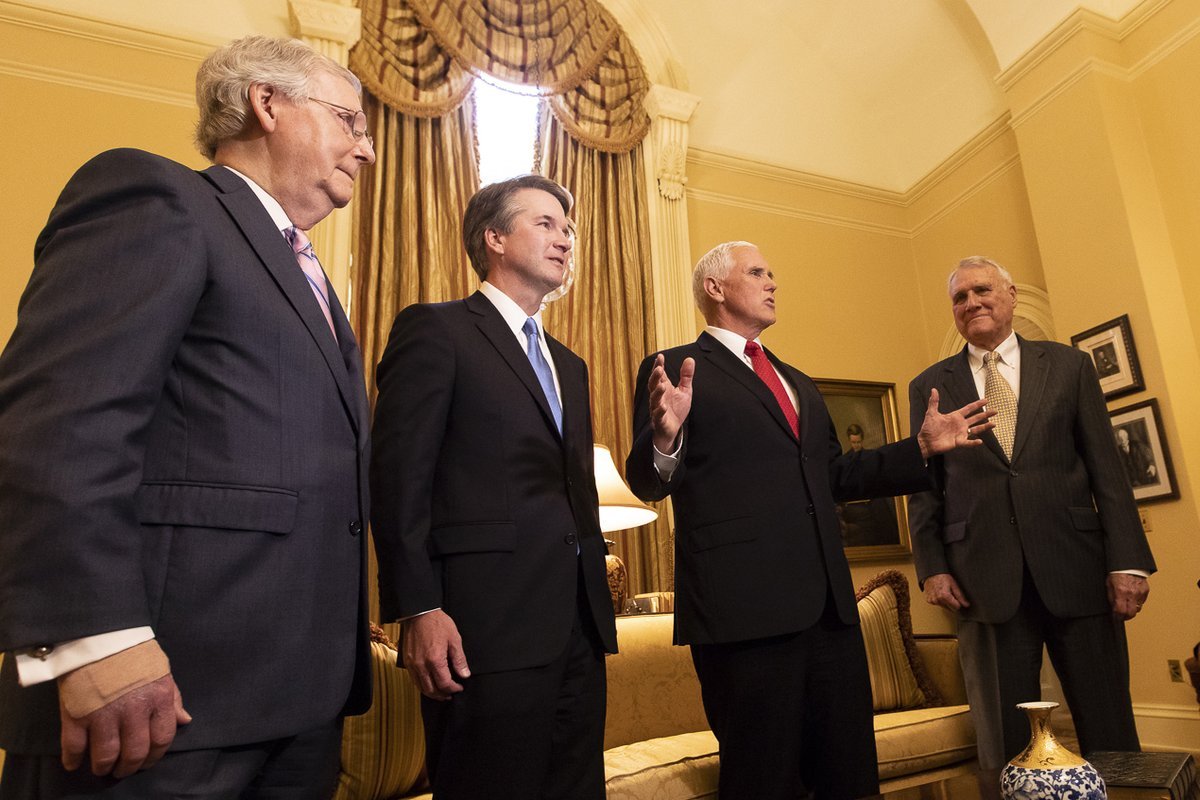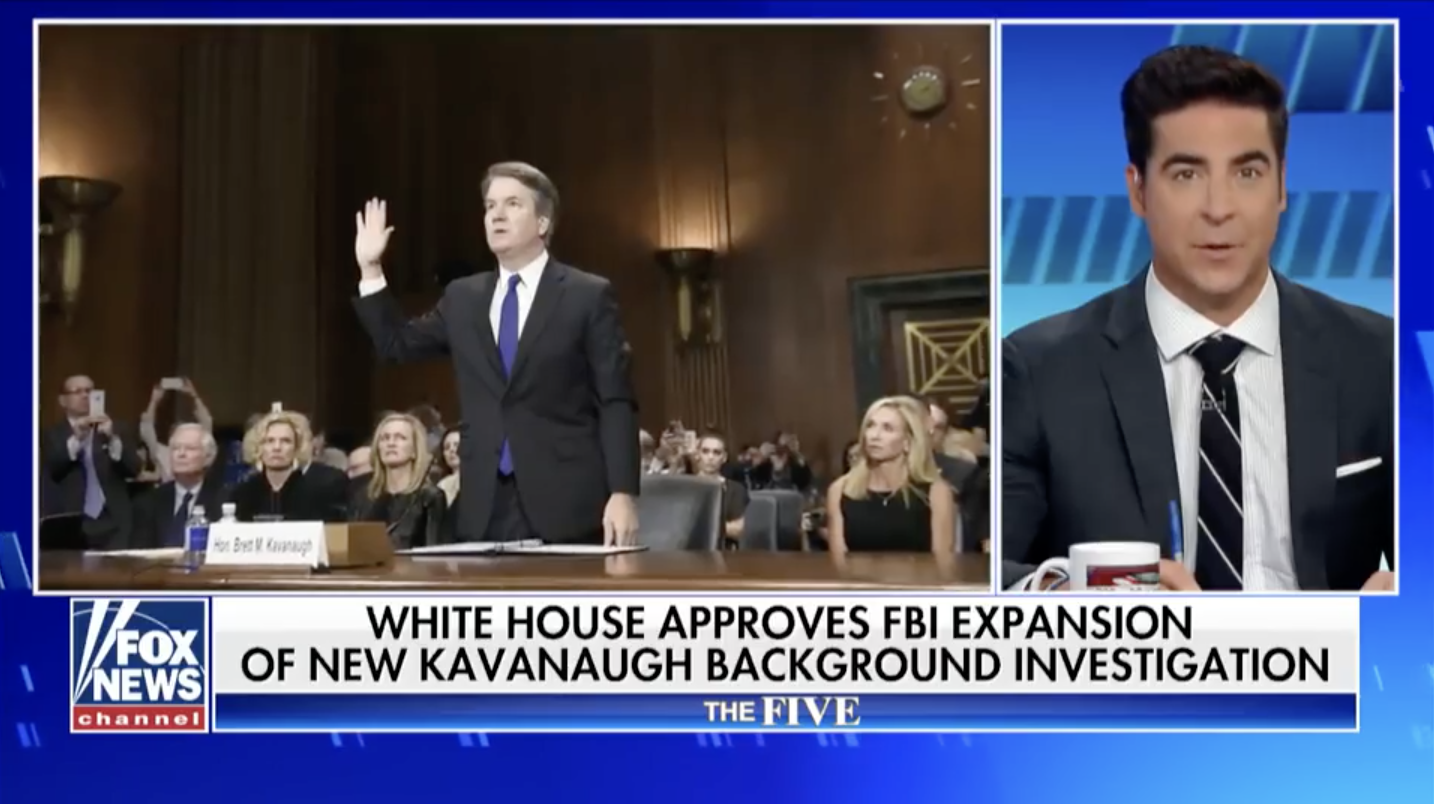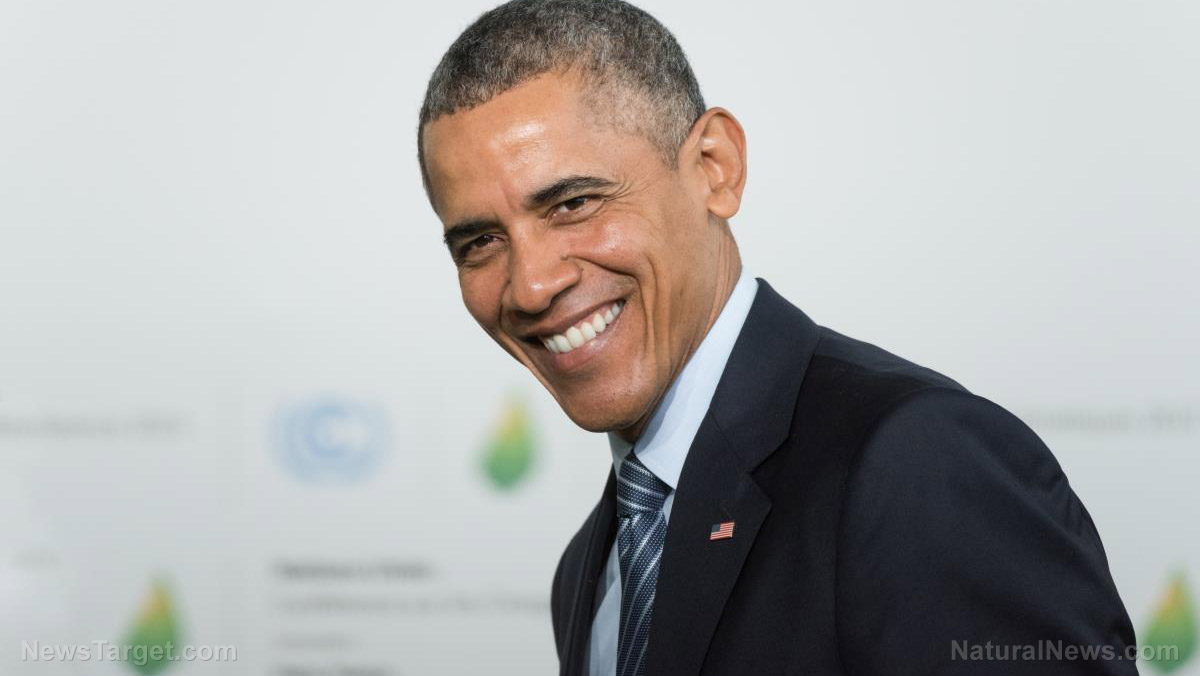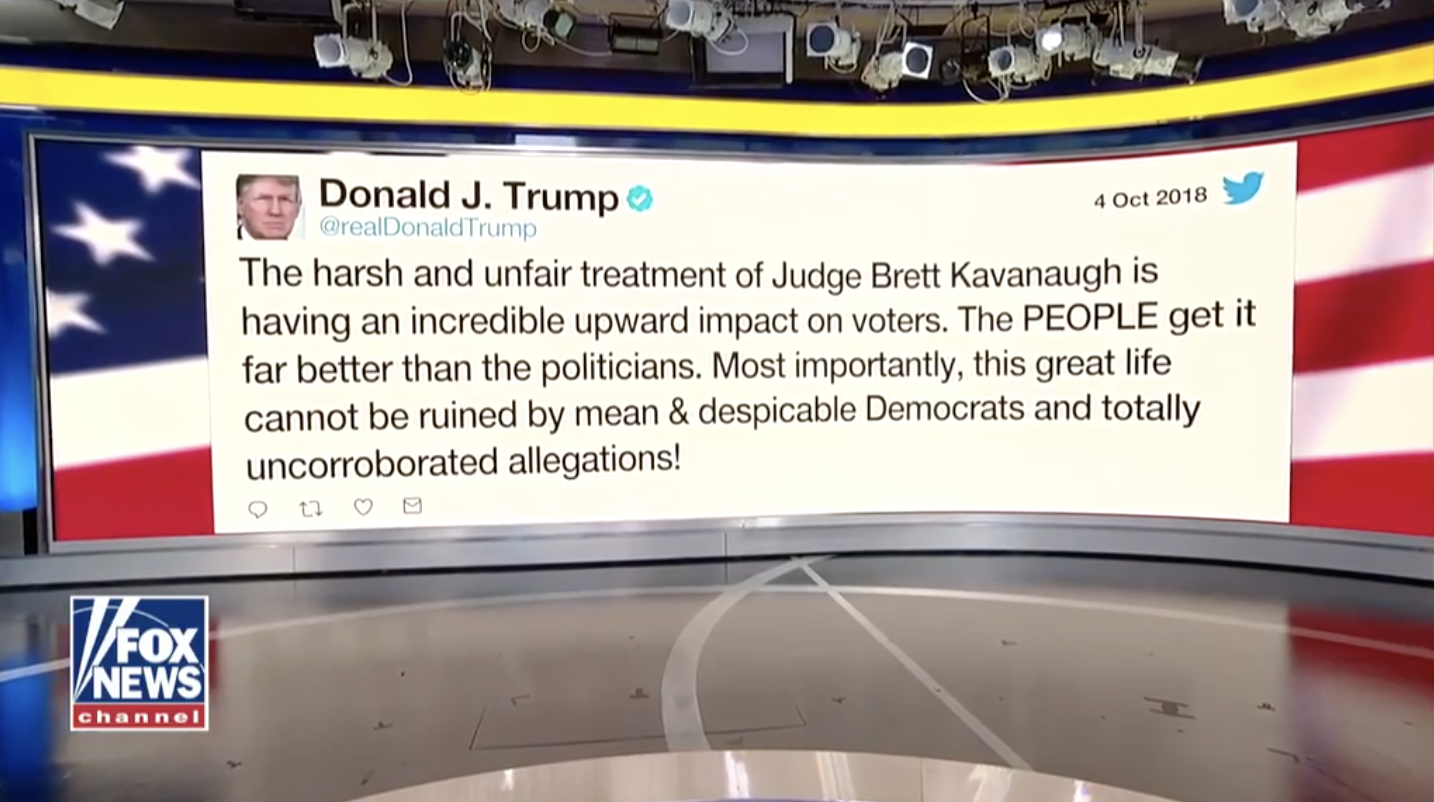U.S. Supreme Court unanimously overturns former Va. Gov. Bob McDonnell’s corruption convictions
06/29/2016 / By whitehousenews

The U.S. Supreme Court Monday vacated former Gov. Bob McDonnell’s corruption convictions and sent the case back to the lower appeals court.
(Article by Patrick Wilson)
McDonnell’s supporters hailed the decision as they now await what they hope will be an end to the criminal case against him.
While the convictions don’t stand, the court’s decision was not an acquittal. The 4th U.S. Circuit Court of Appeals must now decide whether evidence – under the Supreme Court’s interpretation of federal bribery law – is sufficient to allow a retrial. If the appeals court concludes that it is, federal prosecutors could retry McDonnell.
A federal jury convicted McDonnell in 2014 of taking bribes. Monday’s opinion turned on whether the jury understood what constitutes an “official act,” under federal law, which is needed for a bribery conviction.
“Because the jury was not correctly instructed on the meaning of ‘official act,’ ” the unanimous opinion said, “it may have convicted Governor McDonnell for conduct that is not unlawful.”
“In addition to being inconsistent with both text and precedent, the Government’s expansive interpretation of ‘official act’ would raise significant constitutional concerns,” it said.
John Jeffries, a law professor at the University of Virginia, said the Supreme Court was not endorsing McDonnell’s behavior in the scandal but was bringing clarity to the law.
“The court has done the country a good turn by constraining federal bribery law within reasonable limits,” said Jeffries, who is among those who believed federal bribery laws were too broad and gave too much power to prosecutors. “What Bob McDonnell did was undeniably sleazy, but the interpretations by the lower courts would have criminalized many acts of ordinary politics.”
Jeffries said the high court was worried the Department of Justice was giving itself the final say on what constitutes bribery. This ruling, he said, “laid down a legal rule to define what is and what is not bribery.”
In a statement emailed to media outlets by a publicist, McDonnell said he and his family were rejoicing and he hoped the case would be resolved soon.
“From the outset, I strongly asserted my innocence before God and under the law,” the statement said. “I have not, and would not, betray the sacred trust the people of Virginia bestowed upon me during 22 years in elected office.”
McDonnell, who rose from assistant prosecutor in Virginia Beach to state lawmaker to attorney general and then governor, fought his conviction at every step.
He repeatedly has apologized for mistakes he said he made in accepting lavish gifts and off-the-books loans from businessman Jonnie Williams Sr. But he has insisted he violated no laws.
A federal jury disagreed and convicted him on 11 counts of corruption. A judge sentenced him to two years in prison. McDonnell has remained free during the appeal.
A panel of the 4th Circuit Court of Appeals upheld his conviction in July, after which he appealed to the Supreme Court. His filings in all appeals included briefs from former state and federal attorneys general and others arguing on his behalf.
McDonnell and his wife, Maureen, accepted more than $170,000 in loans, gifts and luxury vacations from Williams while McDonnell was governor. Williams was courting influence because he wanted state research on a dietary supplement his company was marketing.
McDonnell said actions he took for Williams were routine courtesies, not official action. Williams never received government help for clinical trials.
“There is no doubt that this case is distasteful; it may be worse than that,” Monday’s opinion, written by Chief Justice John Roberts, said. “But our concern is not with tawdry tales of Ferraris, Rolexes, and ball gowns. It is instead with the broader legal implications of the Government’s boundless interpretation of the federal bribery statute. A more limited interpretation of the term ‘official act’ leaves ample room for prosecuting corruption, while comporting with the text of the statute and the precedent of this Court.”
The same federal jury also convicted Maureen McDonnell in 2014. Her appeal is pending. Bill Burck, a lawyer for Maureen McDonnell, issued a statement saying they were gratified by the opinion.
“This decision applies no less to our client Maureen McDonnell and requires that her conviction immediately be tossed out as well, which we are confident the prosecutors must agree with. Mrs. McDonnell, like her husband, was wrongfully convicted,” the statement said.
U.S. Attorney Dana Boente issued a statement saying he had no comment .
McDonnell testified during his and his wife’s trial that he was living with a Catholic priest, the Rev. Wayne Ball, in Richmond. He has made post-conviction appearances with his wife that seemed to suggest the couple were back together.
The McDonnells and their family have not commented on the status of their marriage, which Bob McDonnell made a focal point of his trial defense. His attorneys presented evidence and argued that the couple were in a strained marriage. Legal analysts criticized the defense tactic.
McDonnell recently formed a company with his sister and worked in Virginia Beach as a consultant. He’s also appeared at churches and political events and remains popular in Virginia Beach, especially among Republican activists and elected officials.
The scandal led Virginia’s General Assembly to place limits on gifts officials can receive from lobbyists, although some lawmakers tried unsuccessfully this year to weaken the changes.
McDonnell supporters cheered the court’s opinion.
“Gov. McDonnell is not guilty of violating any state or federal law, and I am confident, as others with whom I serve in the state legislature are, that this ordeal will soon be over for the governor and his family when it is taken up once again by the 4th Circuit Court of Appeals,” said state Sen. Bill Stanley, R-Franklin County. “He is today now returned to his rightful place in history as one of Virginia’s finest governors.”
Several groups that want to reduce the influence of money in politics saw it differently.
“The Supreme Court’s disappointingly narrow definition of ‘official act’ lays bare a weakness in federal law that apparently permits public officials to accept gifts that most Americans would consider bribes,” read a statement from Washington, D.C.-based Common Cause. “It increases the public’s vulnerability to attempts by officeholders to peddle access and influence and it entrenches pay-to-play politics as a permanent part of our system.”
Read more at: pilotonline.com
Tagged Under: Bob McDonnell, Supreme Court, White House

